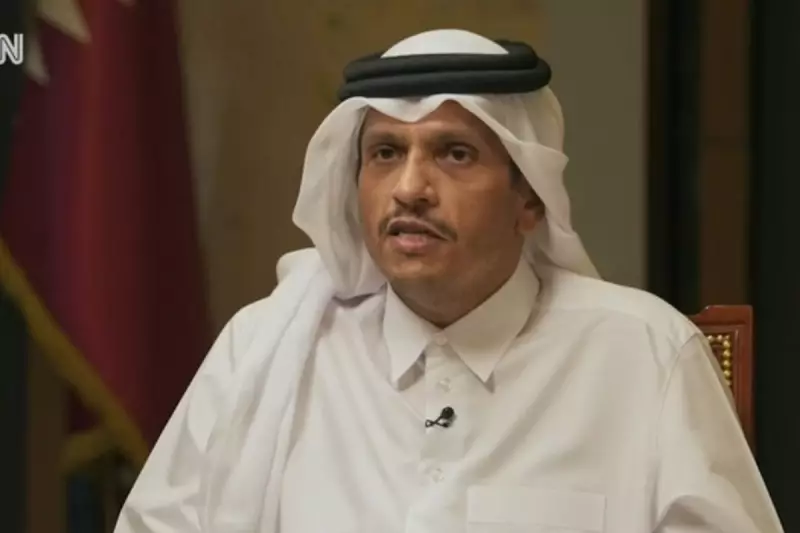
In a dramatic escalation that threatens to derail fragile peace negotiations, Israel has issued a stark ultimatum to Qatar: secure the immediate release of elderly hostages held by Hamas or face potential military action on Qatari soil.
The shocking threat, delivered by Israeli officials to their Qatari counterparts, places the Gulf state's capital, Doha, squarely in the crosshairs. The message was unequivocal – failure to compel Hamas to release the most vulnerable captives would be considered an act of war by Qatar itself.
A Delicate Diplomatic Firestorm
Qatar, alongside Egypt, has been the primary mediator in the painstaking negotiations between Israel and Hamas. This unprecedented threat fundamentally shifts the dynamics, treating the mediator not as a neutral party but as a co-guarantor for Hamas's actions.
The ultimatum specifically demands the release of elderly men still held captive in Gaza. Israeli intelligence believes that without urgent medical care, their lives are in immediate danger, creating a critical deadline for diplomatic efforts.
The Mossad Directive and Global Reaction
The warning was reportedly delivered following a directive from Mossad, Israel's national intelligence agency. This move has sent shockwaves through international diplomatic circles, with many viewing it as a dangerous gambit that could isolate Israel further on the world stage.
Qatar has long provided a political base for Hamas leaders, a arrangement previously tolerated by Israel and its allies as a necessary channel for communication. This threat shatters that fragile understanding, potentially closing one of the only remaining avenues for negotiation.
Implications for the Hostage Crisis
With over 100 hostages still believed to be held in Gaza, the collapse of Qatari-mediated talks would represent a catastrophic blow to families desperate for their loved ones' return. The threat against Doha suggests Israel is preparing for the total breakdown of negotiations and a significant escalation of the conflict beyond Gaza's borders.
As the situation develops, the international community watches with bated breath, hoping for a peaceful resolution while bracing for the potentially devastating consequences of a failed diplomatic process.





